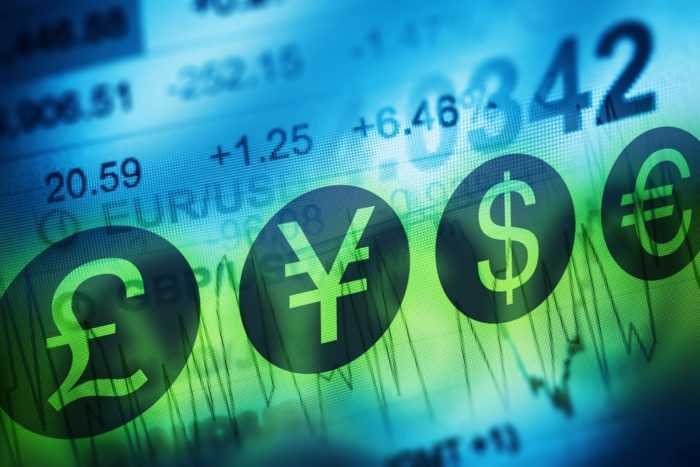
Choose the instrument to trader based on your strategies, goals, and risk tolerance.
By Guy Avtalyon
The dilemma should you trade Forex or stocks isn’t natural because one trader can trade both. And it could be a smart decision if we consider portfolio diversification. But when people ask this question know exactly what do they want to know.: What has more profits involved? Trading Forex or trading “simple” stocks? Or is it trading options?
Investors and traders have access to a growing number of trading instruments. From tried-and-true blue-chip stocks and industrial to the fast-paced futures and Forex (foreign exchange) markets.
In order to make the best choice, you have to recognize which of these markets are for you.
Forex versus stocks
The most important factor may be the trader’s or investor’s risk tolerance and trading style. As an example, buy-and-hold investors will prefer participating in the stock market. While short-term traders, including swing, day, and scalp trader may prefer markets where price volatility is more present.
For traditional buy-and-hold, “long-only” investors, stocks remain an obvious option for a lot of reasons. Stocks have a long-term history of positive returns. So investors receive income from dividends.
But when it comes to trading, forex trading has a number of advantages to offer. And you should think when deciding whether to trade forex or stocks.
Forex versus Blue Chips
The forex market is the global largest financial market. The forex market has very high liquidity, you can trade around-the-clock, the amount of leverage that is allowed to traders. All these characteristics attract traders to enter the Forex market and start trading.
On the other side are blue chips. Blue chips are stocks from well-established companies, famous brands. These stocks are able to provide profitability even during challenging economic conditions and have a history of paying dividends.
Blue chips are less volatile than many other investments. They are often used to provide steady growth potential to investors’ portfolios.
Differences and similarities of trading Forex and stocks
These similarities or differences could give the final idea to your decision of should you trade forex or stocks. Let’s examine them in detail.
Volatility – Some traders, especially short-term or day traders, favor volatility. It provides them to profit from quick price swings in the market.
The other traders are comfier with less volatile and less risky investments. That’s why short-term traders are attracted to the forex markets. While buy-and-hold investors prefer the security which blue chips provide.
Leverage – The forex market offers significantly higher leverage of up to 50:1, and in some parts of the world even higher. But it isn’t all good as it looks. While higher leverage provides the opportunity to build equity with a very small investment (you can open forex accounts with $100), leverage can just as easily destroy a trading account.
Trading Hours
Another consideration in choosing a should you trade forex or stocks is the time period that each of them is traded.
Trading sessions for stocks have a limitation. It is due to the exchange working hours. Generally 9:30 A.M. to 4 P.M. Eastern Standard Time (EST), Monday through Friday with the exception of market holidays.
The Forex market is active round-the-clock from 5 P.M. EST Sunday, through 5 P.M. EST Friday, opening in Sydney, then traveling around the world.
The flexibility to trade during U.S., Asian and European markets, with good liquidity virtually any time of day, is bonus plus to traders whose schedules would otherwise limit their trading activity.
Tax time
Various trading instruments are treated differently at tax time.
Short-term gains on futures contracts, for example, can be eligible for lower tax rates than short-term gains on stocks.
Furthermore, active traders may be qualified to choose the mark-to-market (MTM) status for IRS purposes. This allows deductions for trading-related expenses, such as platform fees or education.
It is strongly recommended that traders and investors ask the advice of a qualified accountant or some tax specialist. Especially since trading forex can make a complicated time to organize your taxes.
Should you trade forex
The internet and automated trading have opened doors to active traders and investors all over the globe. Anyone can participate since there is an expanding variety of markets.
To be able to make a very important decision about what should you trade stocks, forex, or futures you’ll have to understand your risk tolerance, to take into consideration account size, and convenience. If some active trader is not available during market hours to enter, exit, or properly manage trades, stocks are not the best option.
If some investor’s market strategy is to buy and hold for the long term, generating growth and earning dividends, stocks are a practical choice.
The instrument a trader or investor selects should be based on which is the best fit of strategies, goals, and risk tolerance.



Leave a Reply